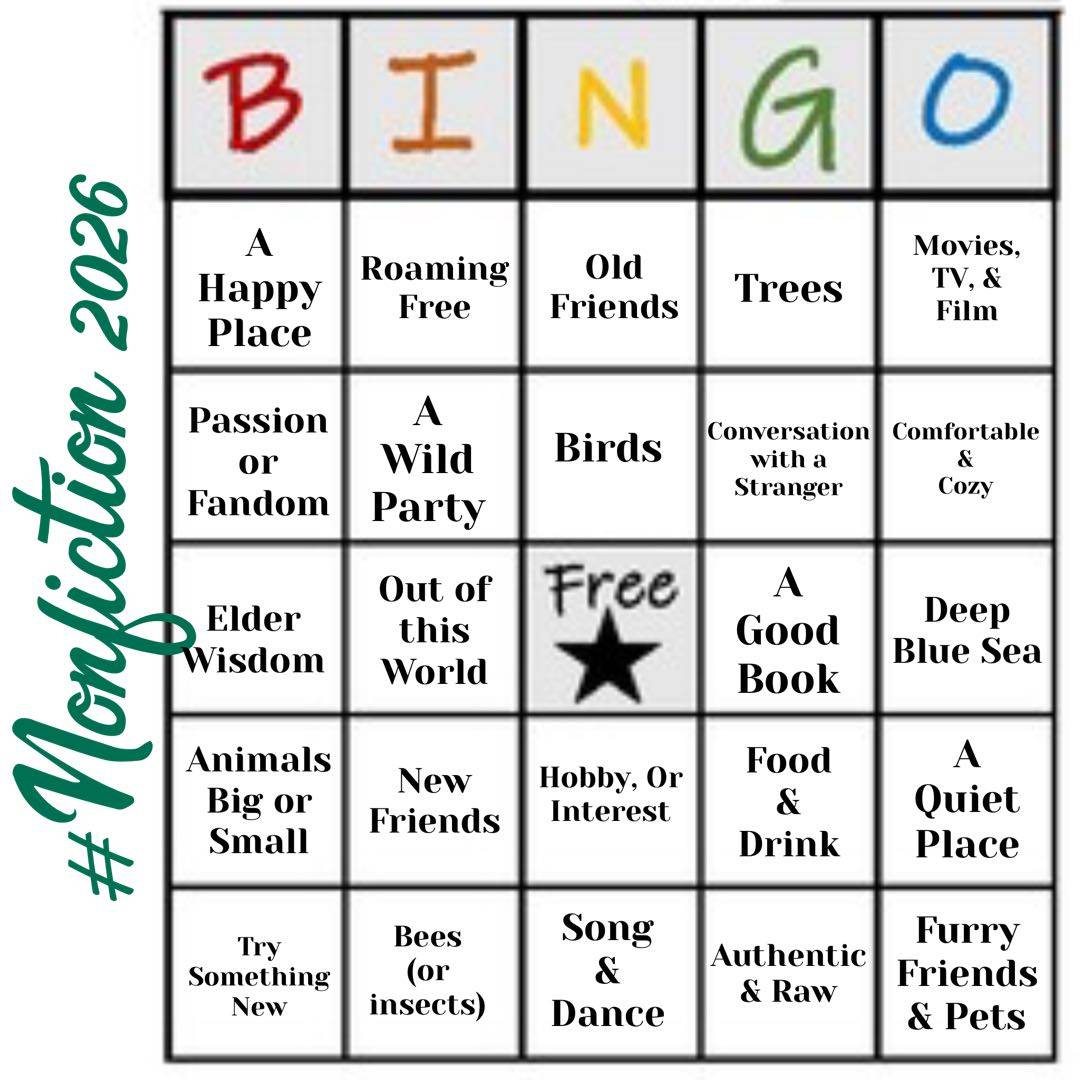
A new year & a new nonfiction challenge! #Nonfiction2026
Last year we read about people wanting a change, and fighting for it….so this year we are going to take a deep breath and remember what people fight for, the good things, the things we do not want to lose, the old friends & new acquaintances of Auld Lang Syne, our passions & loves, escape the grind & news & “touch grass”.
As always, fill these any way you choose that works for you.







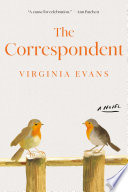
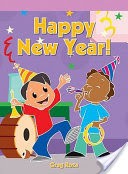
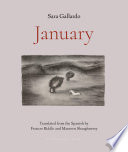



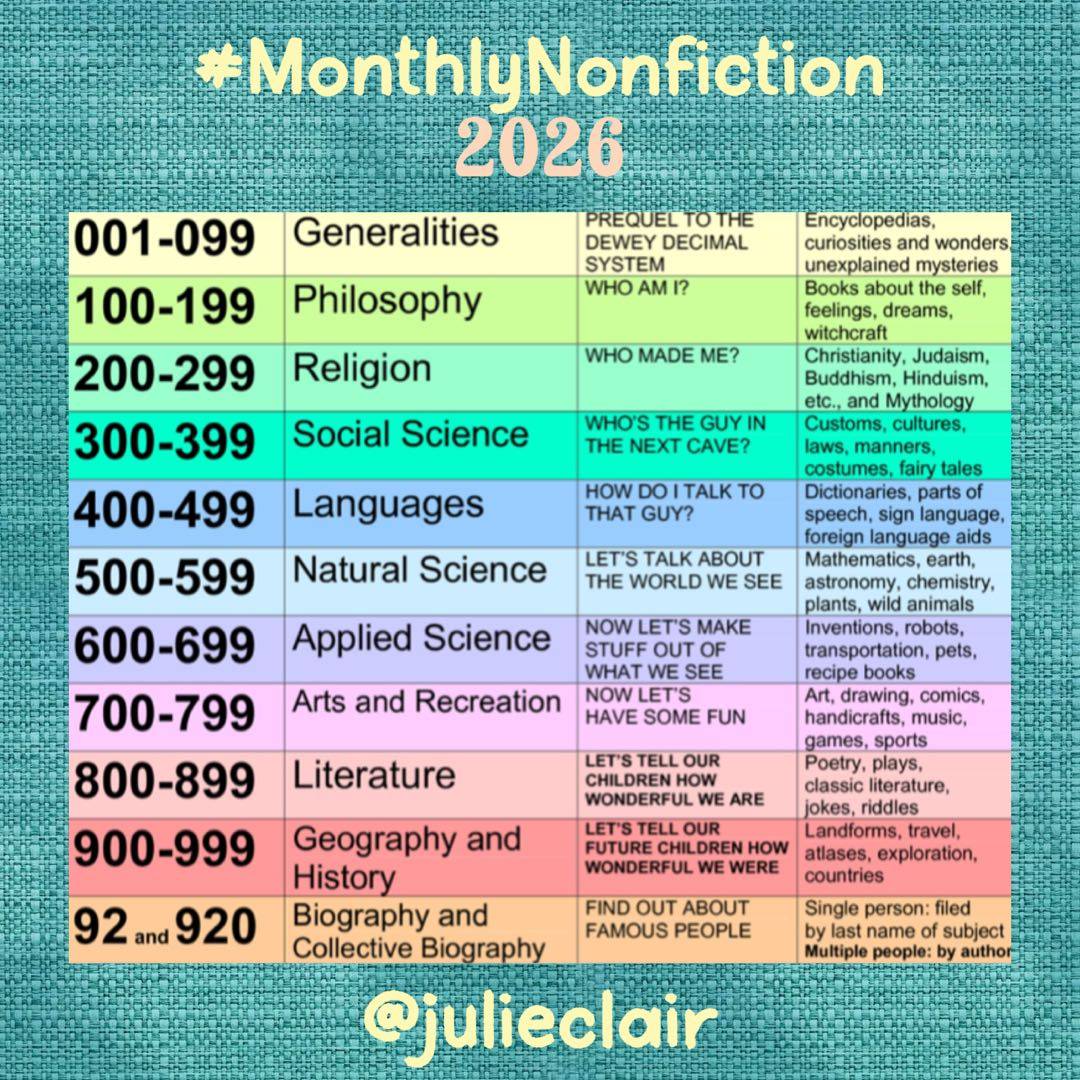
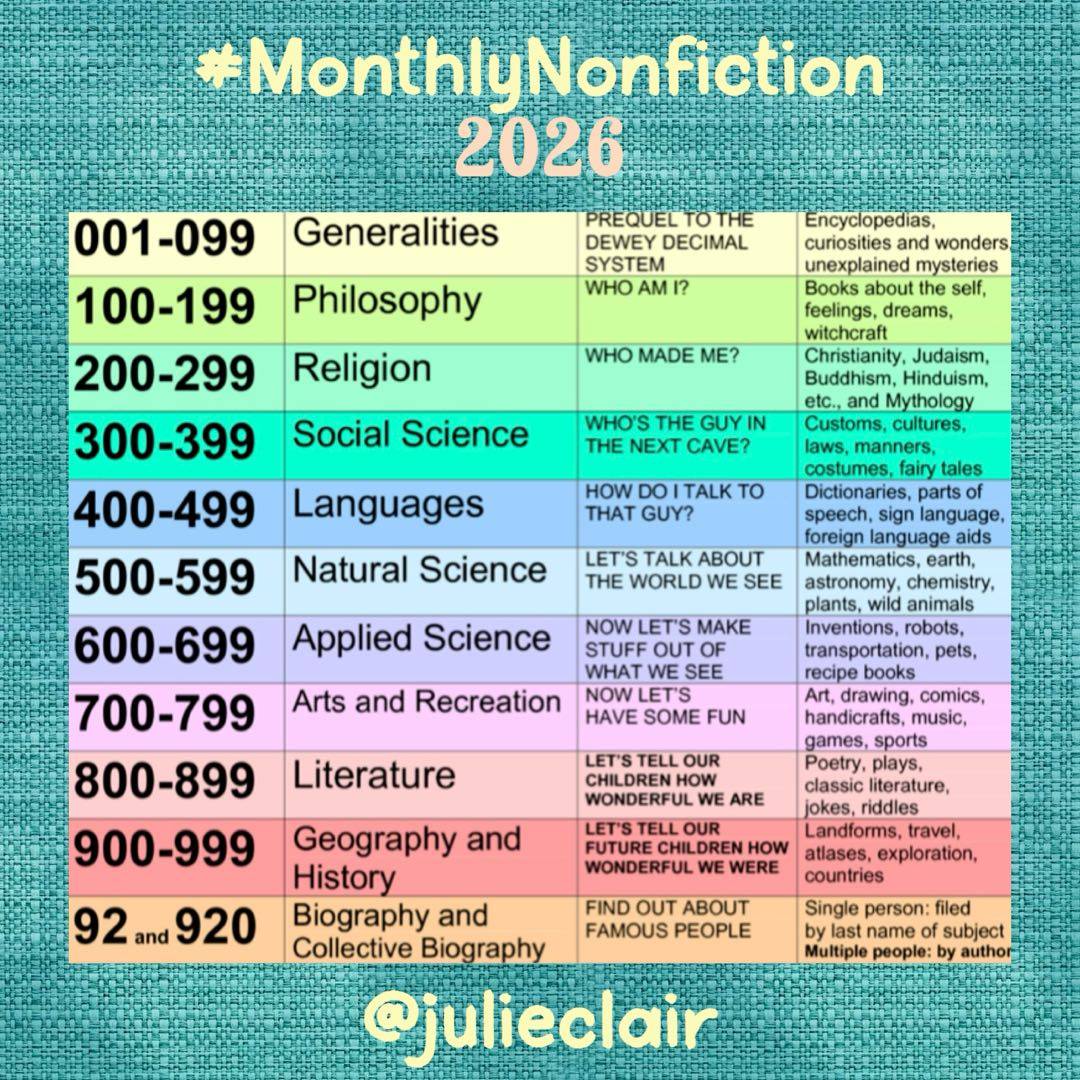

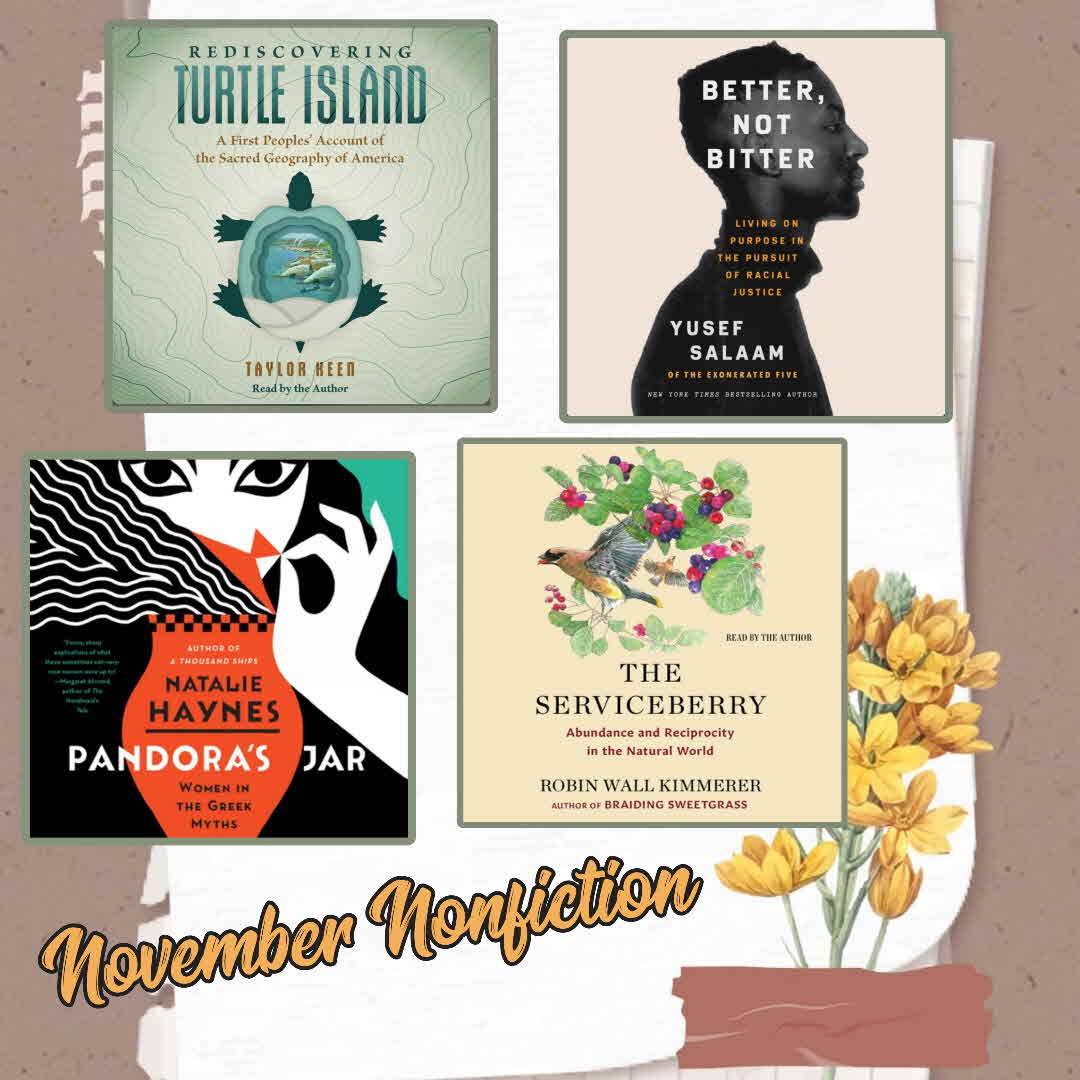

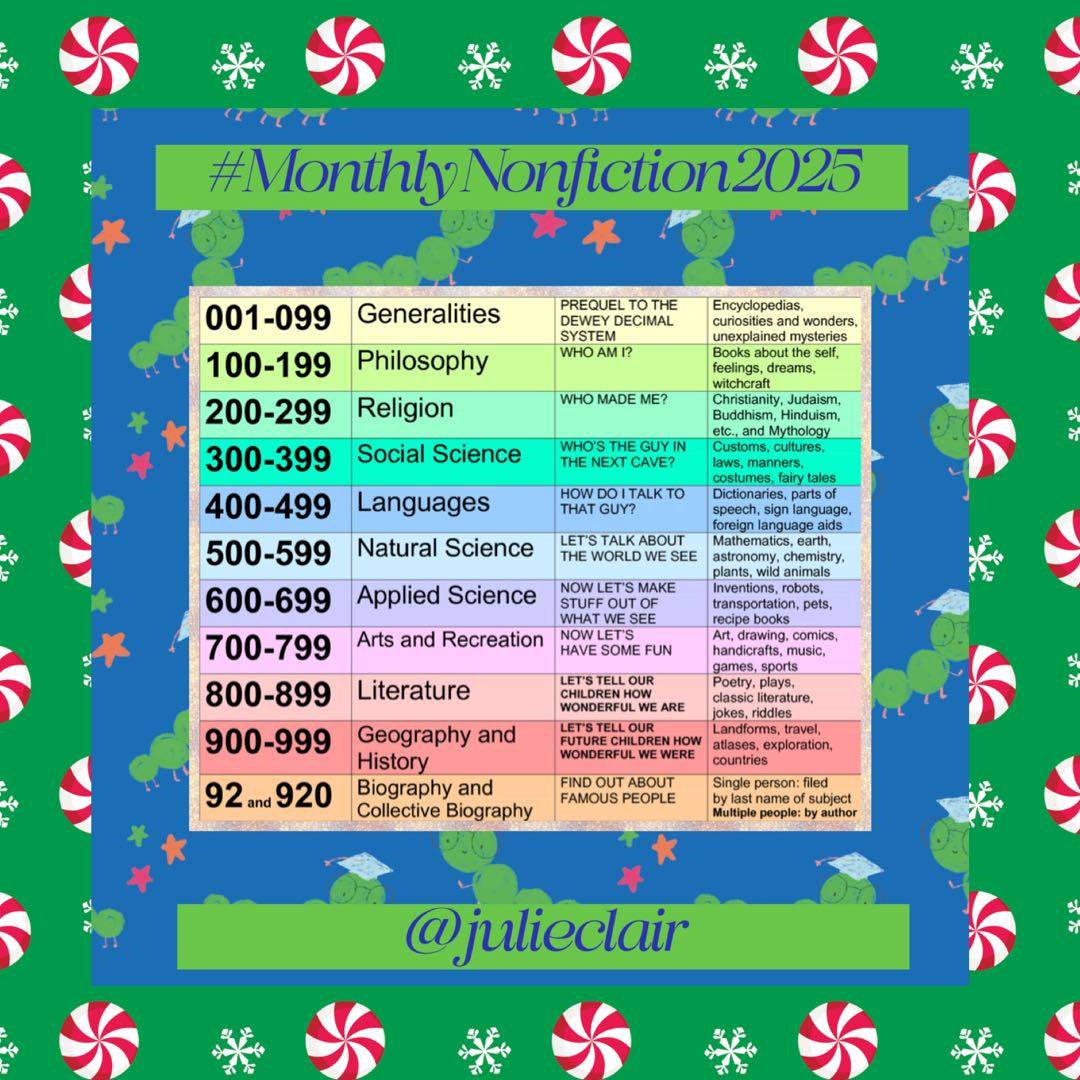


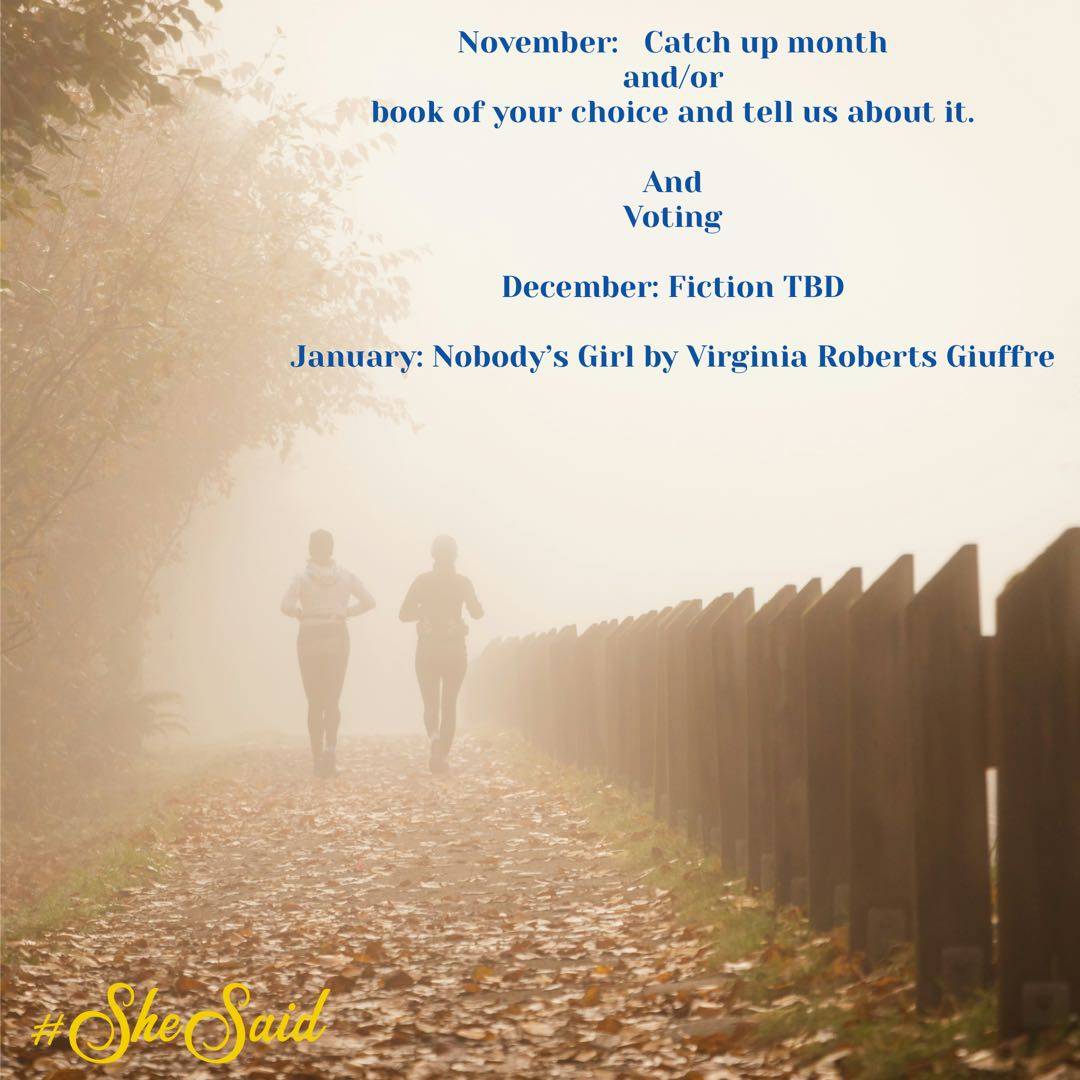
https://docs.google.com/spreadsheets/d/1xB17c0YZ6-IcngwWteNPyWiwoLn3bvcb7kjtqOLu... 5d